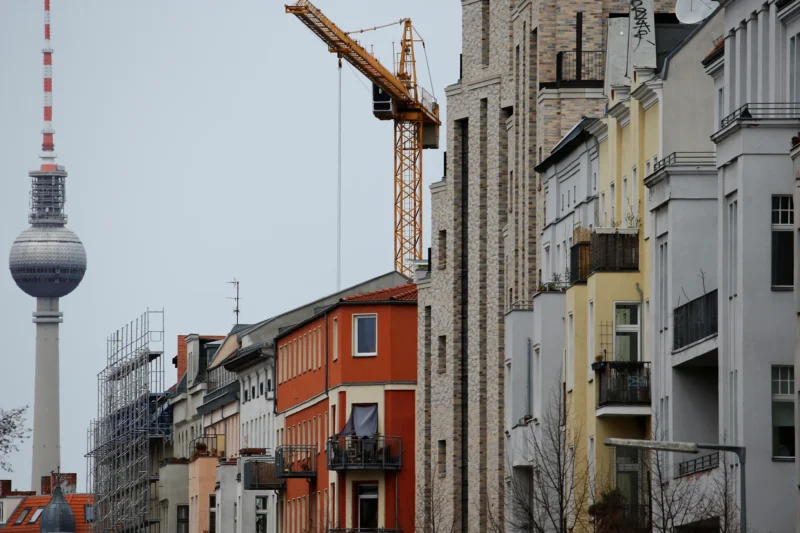In Germany, low-income residents often rely on social housing, where the government subsidizes apartments at below-market prices.
To qualify for such housing, individuals must secure a special certificate, the Wohnberechtigungsschein, which is issued when a household’s annual income falls below a specified threshold. For example, in North Rhine-Westphalia, a single person qualifies with an income under 38,000 euros annually, or 68,000 euros for a couple with two children.
However, Germany is currently facing a significant shortage of social housing. While there are approximately 1.1 million social apartments in the country, an additional half a million are needed to meet demand. From 2022 to 2028, 21.65 billion euros were earmarked for constructing and modernizing affordable housing. Yet, Housing Minister Klara Geywitz has noted that, “in the last 20 years, too little money has been invested in this sector, and now we are seeing the consequences.”
Minister Geywitz emphasized, “We urgently need new social housing. It is as important for our society as transportation infrastructure or pensions, because people depend on affordable housing. They expect the government to provide it. For example, in cities like Hamburg and Berlin, about 50 percent of the residents are eligible for social housing. A bus driver and a nurse should be able to live in the city where they work.”
Rent for social housing has been rising in recent years. According to WDR, even in the most affordable neighborhoods, rents for a 60 m² apartment have increased by about 45 euros per month. Nonetheless, this is still a smaller rise compared to general housing prices, which have surged even more.
Several factors contribute to the crisis, including the ongoing war in Ukraine, high interest rates, the rising cost of construction materials, and a shortage of skilled workers. A surge in migration is also adding strain to the social housing system, particularly in large cities like Berlin, Hamburg, and Cologne. However, in smaller cities, especially in eastern Germany, the population is declining, leaving many apartments vacant.




